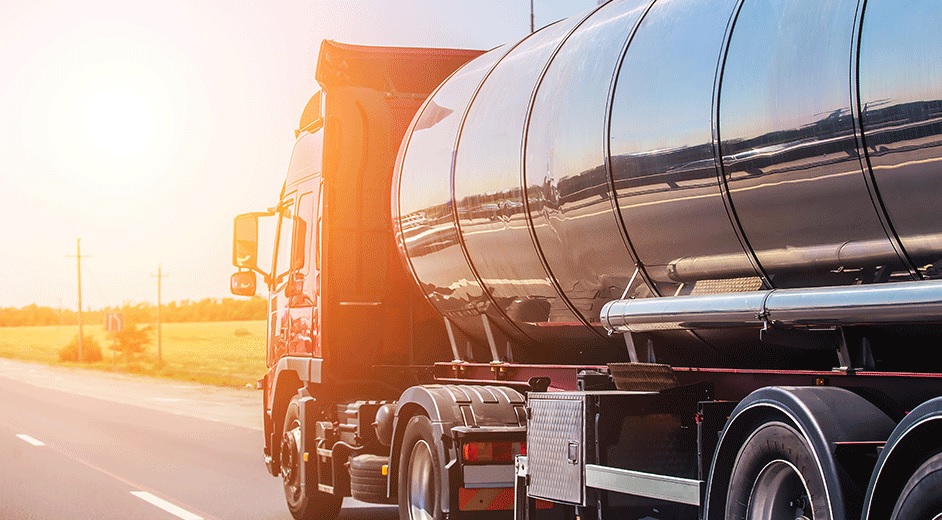What is tanker trucking and what are its benefits?
Tanker trucking is the transportation of liquids and gases in large tanks. This type of trucking is essential for the transportation of products like fuel, milk, and chemicals. Tanker trucks are specially designed to transport these products safely, and they are typically made from materials like stainless steel or aluminum. Tankers can vary in size, but they typically have a capacity of between 5,000 and 9,000 gallons. One of the main benefits of tanker trucking is that it allows for the safe and efficient transportation of large quantities of product. Tanker trucks can be used to transport products that are sensitive to changes in temperature or pressure. As a result, tanker trucking is an essential part of the supply chain for many industries. Companies like Anahuac Transport provide high-quality tanker trucking services and they can ensure that the products they transport are delivered safely and on time.
How does tanker trucking work, and what types of products or materials can be transported this way?
Tanker trucking is a specialized form of trucking that involves the transportation of liquids or gases in large tanks. These tanks are typically made of stainless steel or aluminum, and they are designed to withstand the high pressures involved in transporting liquids. Tanker trucks can be used to transport a variety of products, including oil, gasoline, chemicals, and even food products. The type of product being transported will dictate the size and type of tank that is used. For example, oil tankers are typically much larger than those used to transport gasoline. Tanker trucks are an essential part of the transportation infrastructure, and they play a vital role in keeping our economy moving.
What safety precautions need to be taken when transporting hazardous materials via tanker trucking routes?
There are a number of safety precautions that need to be taken when transporting hazardous materials via tanker trucking routes. First and foremost, it is essential to ensure that the materials are properly labeled and that the driver is aware of the contents of the load. Secondly, it is important to secure the load in such a way that it cannot leak or spill during transit. Finally, the route should be planned in advance, taking into account any potential hazards along the way. By following these simple precautionary measures, it is possible to safely transport hazardous materials via tanker trucking routes.
Are there any challenges associated with tanker trucking, and how do companies overcome them?
Tanker trucking is a vital component of the transportation industry, responsible for transporting large quantities of liquids and gases across the country. However, there are a number of challenges associated with this type of trucking, from the potential for spillage to the need for specialized training. In order to overcome these challenges, companies often invest in safety training for their drivers and maintain a fleet of specially designed tanker trucks. Additionally, many tanker trucking companies work closely with government regulators to ensure that they are following all applicable laws and regulations. By taking these steps, companies can ensure that their tanker trucking operations are safe and efficient.
Infographic created by Golen Engine Service, Offering a Wide Array of Jeep Crate Engines

